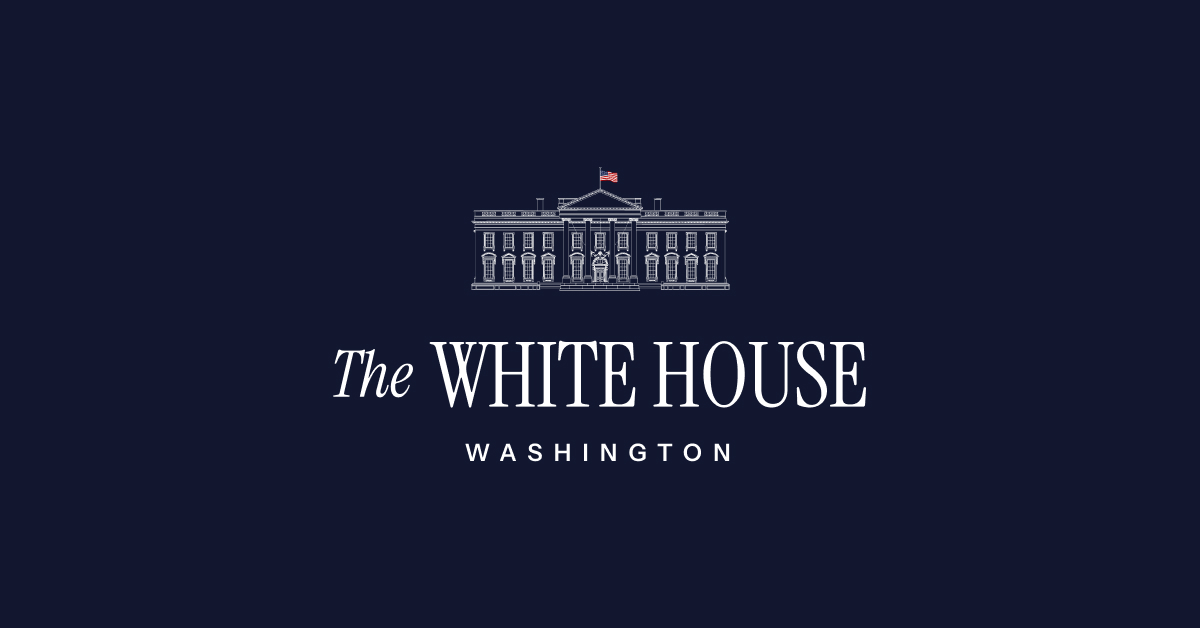US artificial intelligence company OpenAI on Tuesday said it is launching its own web browser, Atlas, to compete with Google’s popular Chrome browser.
Atlas will be powered by OpenAI’s popular chatbot ChatGPT, as the California-based firm looks to revolutionize the way people use the internet.
“Tabs were great, but we haven’t seen a lot of browser innovation since then,” OpenAI CEO Sam Altman said in a video presentation broadcast Tuesday. He described it as a “rare, once-in-a-decade opportunity to rethink what a browser can be and how it can be used”.
What’s different about ChatGPT’s Atlas?
For example, Altman suggested that the classic URL search bar in the center of traditional browsers could be replaced by an AI chatbot interface.
The company said that while the browser will initially be available only for Apple’s Mac computers, it is designed to help users “complete tasks without having to copy and paste or leave the page.”
Another key feature of the Atlas browser is its so-called “Agent Mode” which effectively automatically surfs the Internet on the user’s behalf, armed with a person’s browser history and predicting what type of information they are looking for.
“It’s using the Internet for you,” Altman said.
Criticism of AI-powered browsers
That’s one way of looking at it. But Paddy Harrington, analyst at London-based market research group Forrester, warned that another way to think about OpenAI’s new browser is that it is “taking away your personality.”
“Your profile will be linked to you individually based on all the information taken about you,” Harrington told the Associated Press (AP) news agency. “Okay, scary. But is it really you, really what you’re thinking, or what that engine decides it’s going to do? And will add it to favorite solutions [to users’ queries] Based on commercials?”
Either way, Harrington said it would be a big challenge for Atlas “[compete] With a giant whose market share is ridiculous.”
Atlas launches in Chrome-dominated market
Since its launch in 2008, Google Chrome has amassed nearly 3 billion users worldwide, overtaking rivals like Microsoft’s Internet Explorer and then the Edge browser.
But AI chatbots like ChatGPT are increasingly summarizing information on the Internet so efficiently that many users are turning to them instead of the traditional practice of clicking on browser-suggested links.
OpenAI said ChatGate already has more than 800 million users, while a survey conducted this year by the AP found that about 60% of Americans — and 74% of people under 30 — use AI to find information at least some of the time.
Browsers such as Chrome have also integrated AI summaries into their search results, which typically appear at the top of the results page above the first link, although concerns have been raised about the accuracy of this information.
How accurate is the information received by AI?
On Wednesday, research published by the European Broadcasting Union (EBU) and the BBC found that 45% of AI responses studied had at least one significant issue, while 81% had some type of problem.
The study evaluated AI assistants in 14 languages, including ChatGPIT, Copilot, Gemini, and Perplexity, for accuracy, sourcing, and ability to differentiate opinion versus fact.
In one case, ChatGPT was found to be confidently reporting that the current Pope is Pope Francis several months after the former Pope’s death – according to EBU Media Director Jean-Philippe de Tender, such an error could undermine trust and credibility with potentially damaging effects.
“When people don’t know who to trust, they don’t trust anything and that can hamper democratic participation,” he told the dpa news agency.
Edited by: Elisabeth Schumacher






Leave a Reply